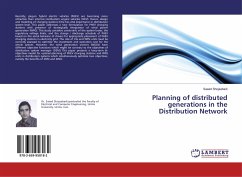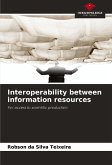The history of information technology begins a few years BC, when ancient civilizations used a wooden structure with rings that had symbols representing mathematical calculations and logical reasoning, to calculate quantities or sales in the commerce of the time. Between 1935 and 1938, the first computer was created in order to compute strategic calculations for the Second World War and, consequently, advances in technology. Since then, civilizations have improved over the years, until the then coming Age of Technology. The technological development observed in recent decades has transformed the behavior of people and companies, with its environmental variables. The Baby Boomers, X, Y and Z generations emerged after the Second World War, with the advance of technology and the growth in the human birth rate that occurred from the 40s onwards. As a result, each generation experienced the advance of technology in a different way. Thus, with the aim of promoting research of this nature, the main objective of this book is to analyze the evolution in the use of information systems and resistance to change by generation.
Bitte wählen Sie Ihr Anliegen aus.
Rechnungen
Retourenschein anfordern
Bestellstatus
Storno








